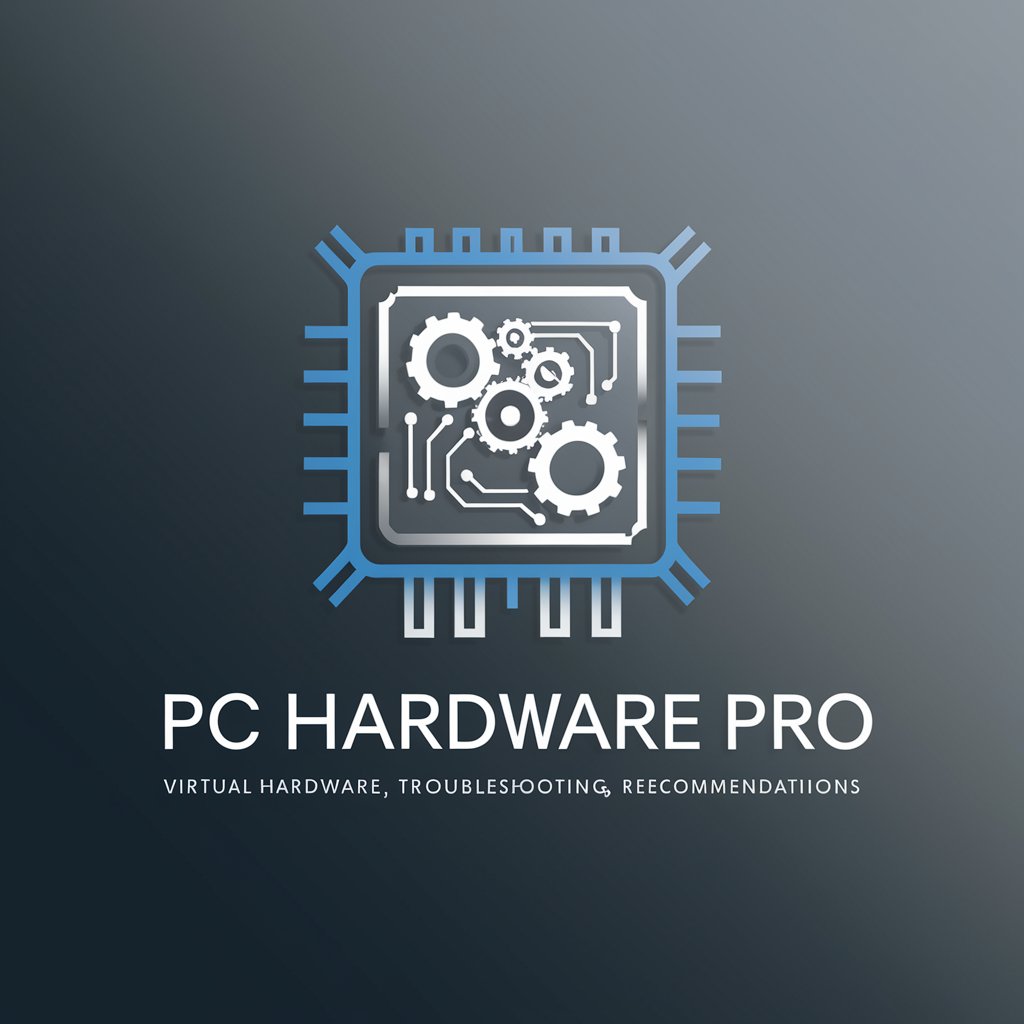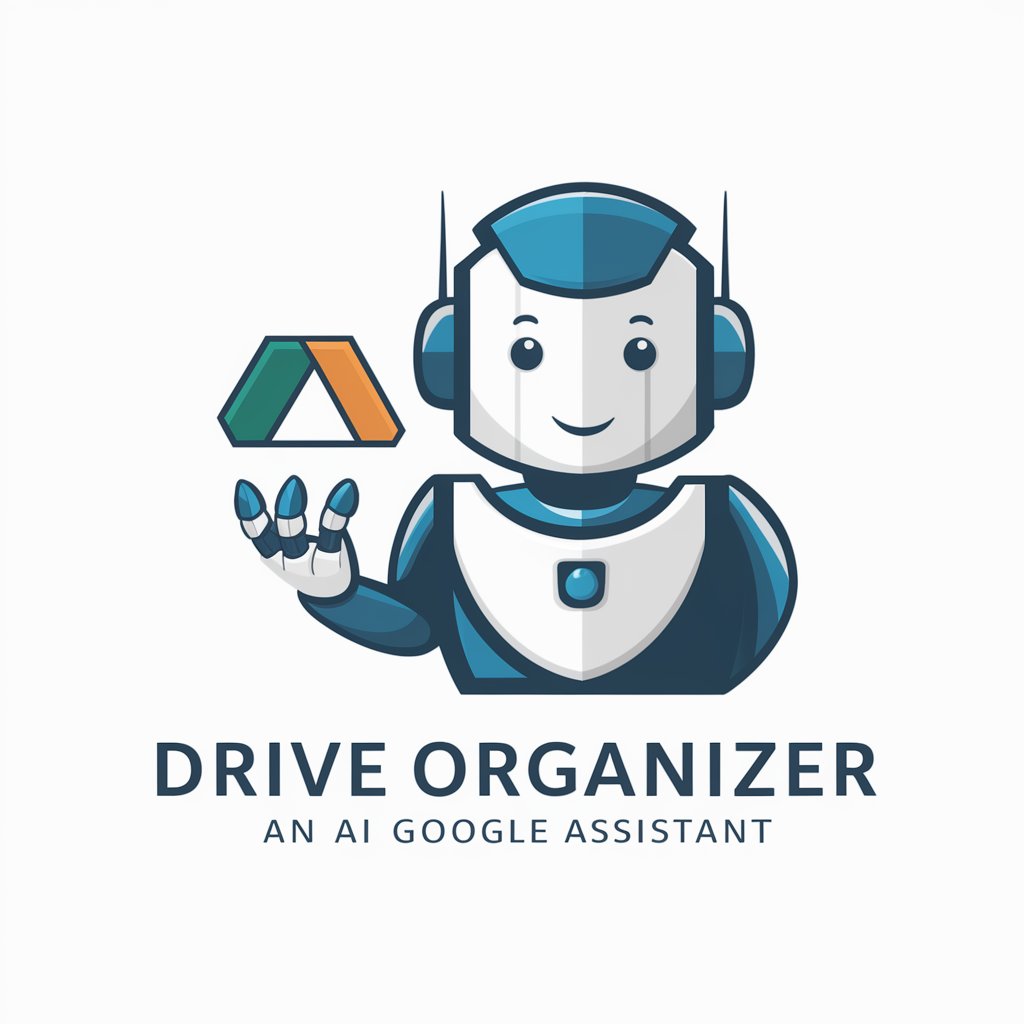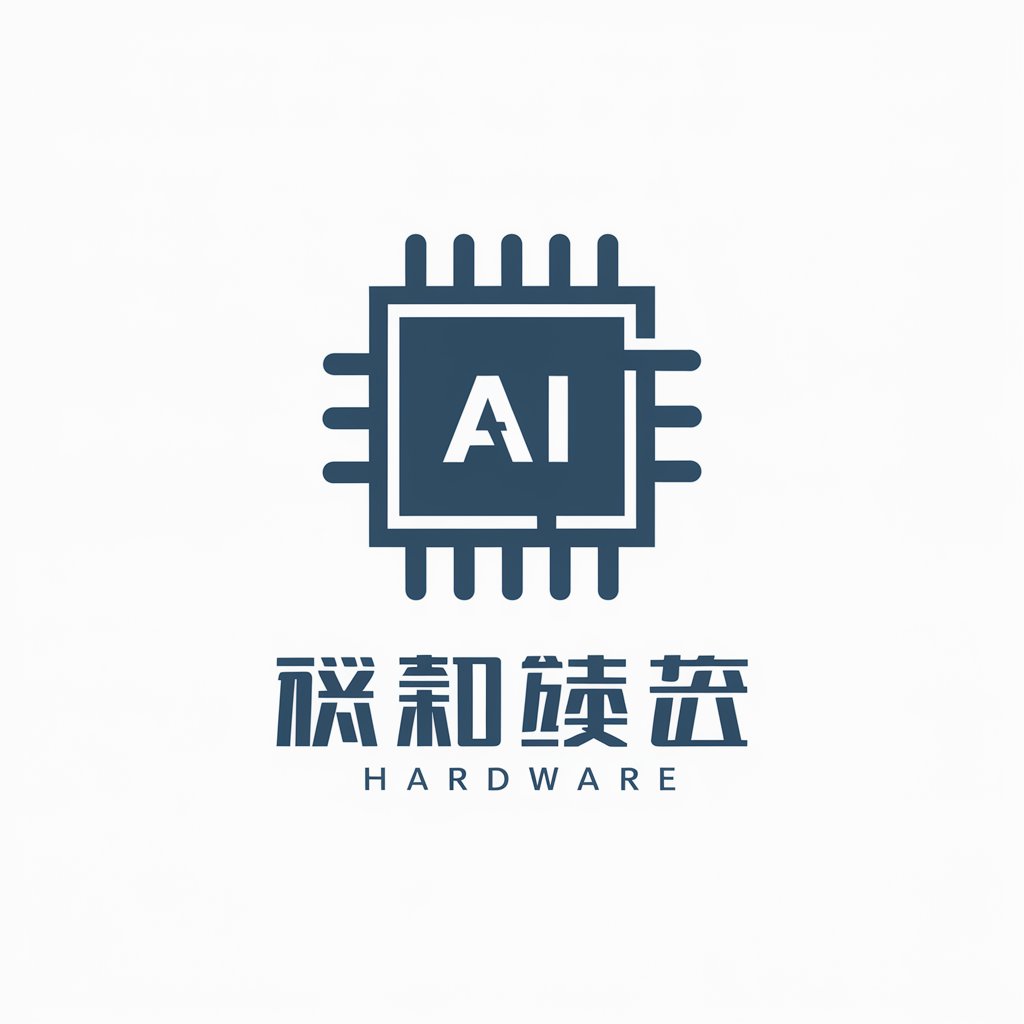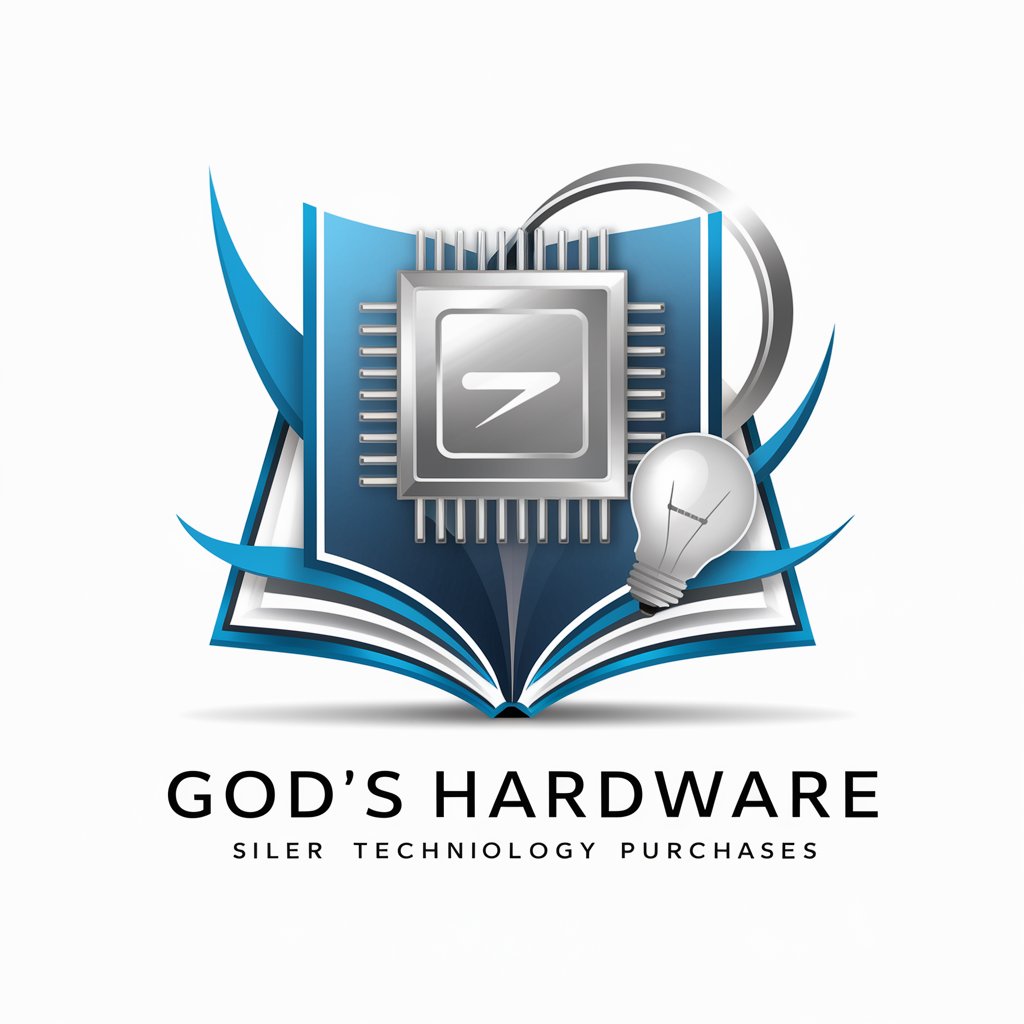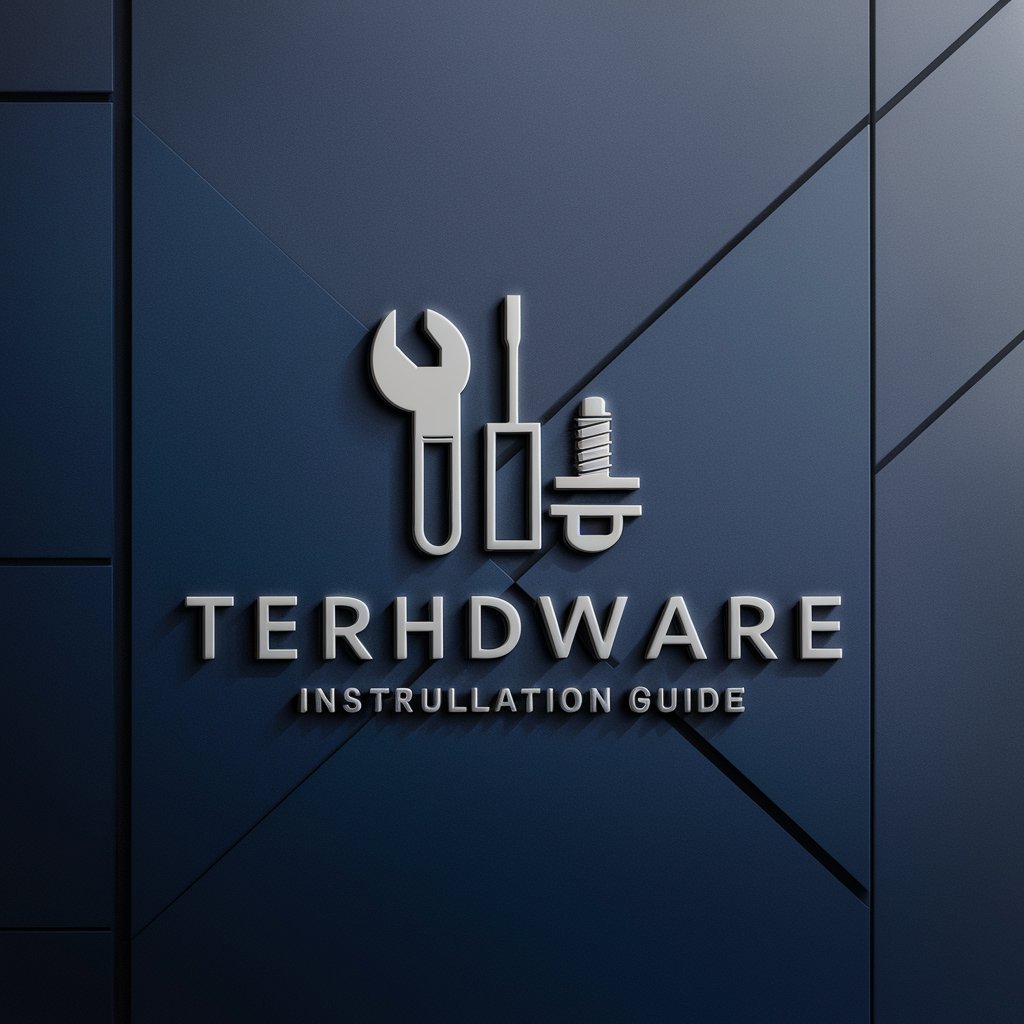
Hard Drive - Hard Drive Insights and Solutions
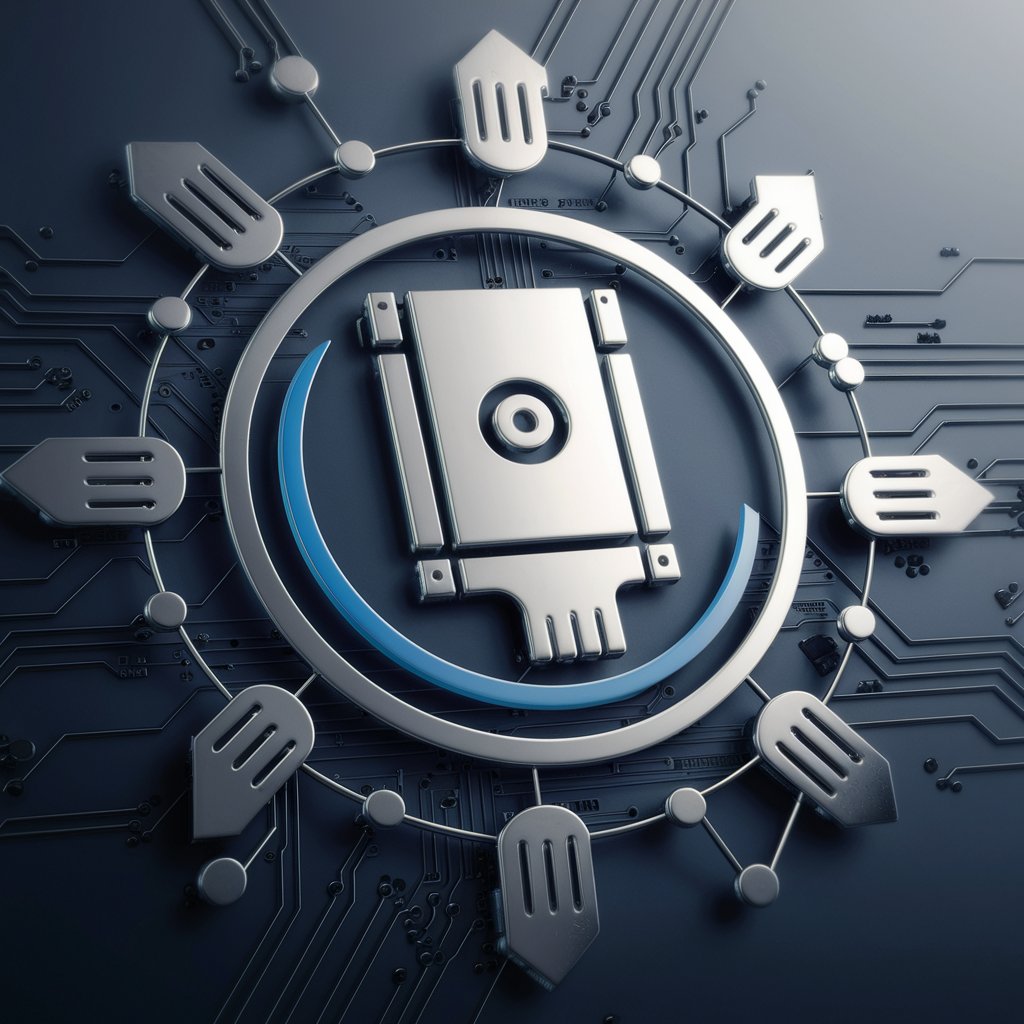
Welcome! Let's dive into the world of storage solutions and data management.
Unlocking Storage Solutions with AI
Explain the difference between SSD and HDD technologies.
Describe the best practices for data backup and recovery.
What are the benefits of using a NAS system for home or business?
How do RAID configurations enhance data storage and protection?
Get Embed Code
Overview of Hard Drive
Hard Drive is designed as a specialized GPT aimed at delivering precise and in-depth information on hard drives, storage solutions, and data management. It encompasses a broad spectrum of knowledge, from the basic architecture of hard disk drives (HDDs) and solid-state drives (SSDs) to advanced concepts in Network Attached Storage (NAS) systems, cloud storage, and data recovery techniques. An example of its utility can be seen in guiding users through the process of selecting the appropriate storage solution for their needs, whether it's for personal use, small business data management, or enterprise-level storage strategies. This includes understanding the trade-offs between speed, cost, capacity, and durability of different storage media, and the implications of RAID configurations and data backup solutions for data integrity and recovery. Powered by ChatGPT-4o。

Core Functions of Hard Drive
Educational Resource on Storage Technologies
Example
Explaining the difference between HDDs and SSDs, including how NAND flash memory works in SSDs compared to the magnetic storage of HDDs.
Scenario
A user considering upgrading their laptop's storage from HDD to SSD to improve boot times and application loading speeds.
Guidance on Data Management Best Practices
Example
Advising on backup strategies utilizing both local (external hard drives) and cloud storage to ensure data redundancy.
Scenario
A small business owner looking to implement a robust data backup solution to protect against data loss due to hardware failure or cyber attacks.
Assistance with Storage Solution Selection
Example
Comparing the performance, capacity, and cost-effectiveness of NAS systems versus direct-attached storage for a home media server.
Scenario
A home user wanting to centralize their family's photo and video collection in a single, accessible location without compromising on data security.
Target User Groups for Hard Drive Services
Technology Enthusiasts
Individuals with a keen interest in technology and computing who seek to understand the intricacies of storage technologies and optimize their personal or home office setups. They benefit from Hard Drive's detailed explanations and comparisons of storage solutions.
IT Professionals
Experts managing corporate data infrastructures who require up-to-date information on the latest storage technologies, data management practices, and security protocols to design and maintain efficient, secure data storage systems.
Small to Medium Business Owners
Owners looking for cost-effective, reliable storage solutions to support their business operations. They benefit from guidance on balancing capacity, performance, and budget in their storage decisions, including insights into data backup and recovery strategies.

How to Use Hard Drive
Start Your Experience
Begin by accessing a free trial at yeschat.ai, no login or ChatGPT Plus subscription required.
Identify Your Needs
Determine the specific storage solution or data management information you're seeking, such as SSD vs. HDD comparisons, data backup strategies, or NAS system recommendations.
Engage with Hard Drive
Utilize the chat interface to ask detailed questions. Be as specific as possible to receive the most accurate and comprehensive responses.
Apply the Insights
Apply the provided information to your context, whether it’s selecting the right storage solution, optimizing your data management practices, or understanding the latest in hard drive technology.
Feedback for Improvement
Provide feedback on the information received. This helps refine future responses and ensures the tool remains updated with the most relevant and useful information.
Try other advanced and practical GPTs
گپ با بابانوئل
Bringing Christmas Magic to Your Screen

10K Top G Business Strategist
Empowering Your Social Media Success with AI

Foreign Exchange
Empowering Your Currency Trading with AI

FX
Empowering FX Trading with AI

Correcteur Orthographique FR
AI-powered French writing assistant

FP GPT
Empowering Senior-Focused Marketing with AI

Backup Hard Drive
Secure your data effortlessly with AI-driven backup solutions.
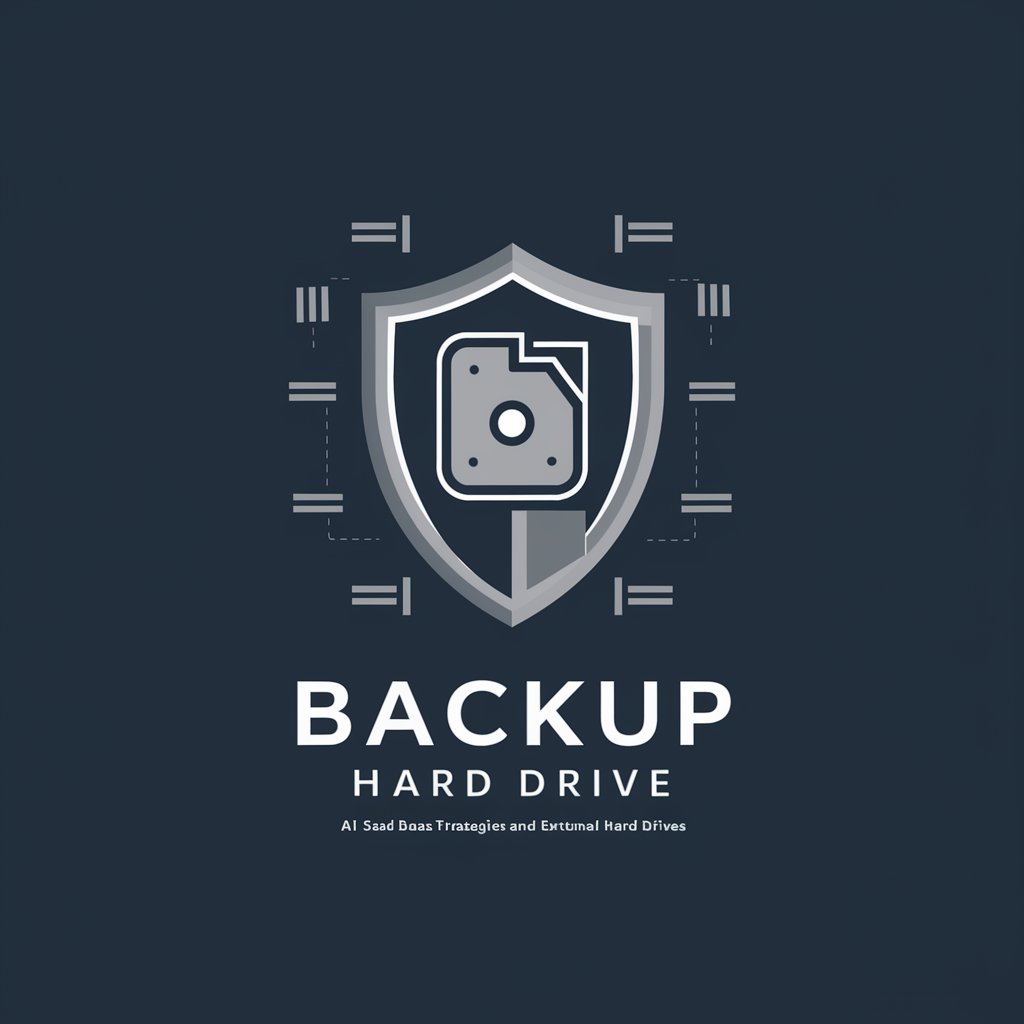
Expert on He Jiankui's CRISPR Experiment
Deciphering CRISPR's Ethical Boundaries
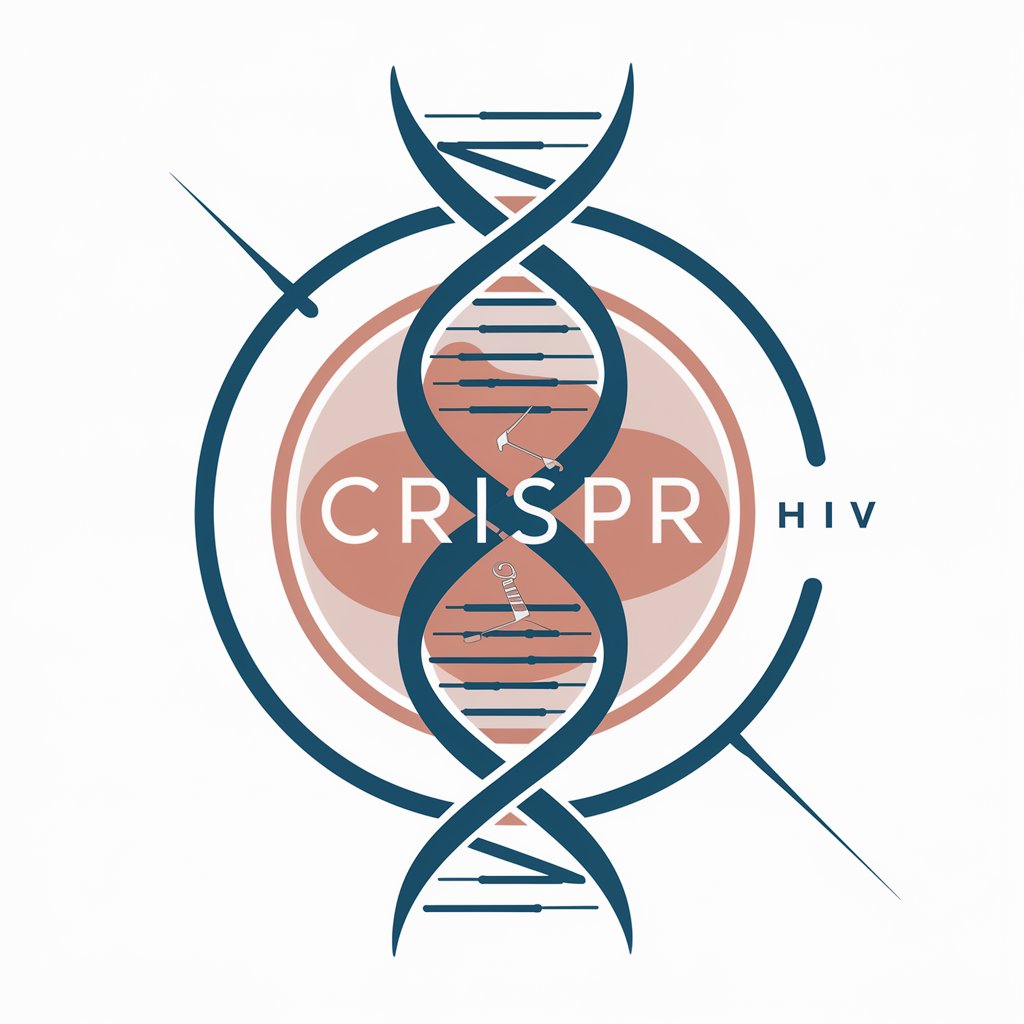
TopicMapGPT
AI-powered Content Mapping Simplified

Odicci Quiz Assistant
Empower your content with AI-driven quizzes.

GPT Instruction Genius
Crafting Custom AI with Precision
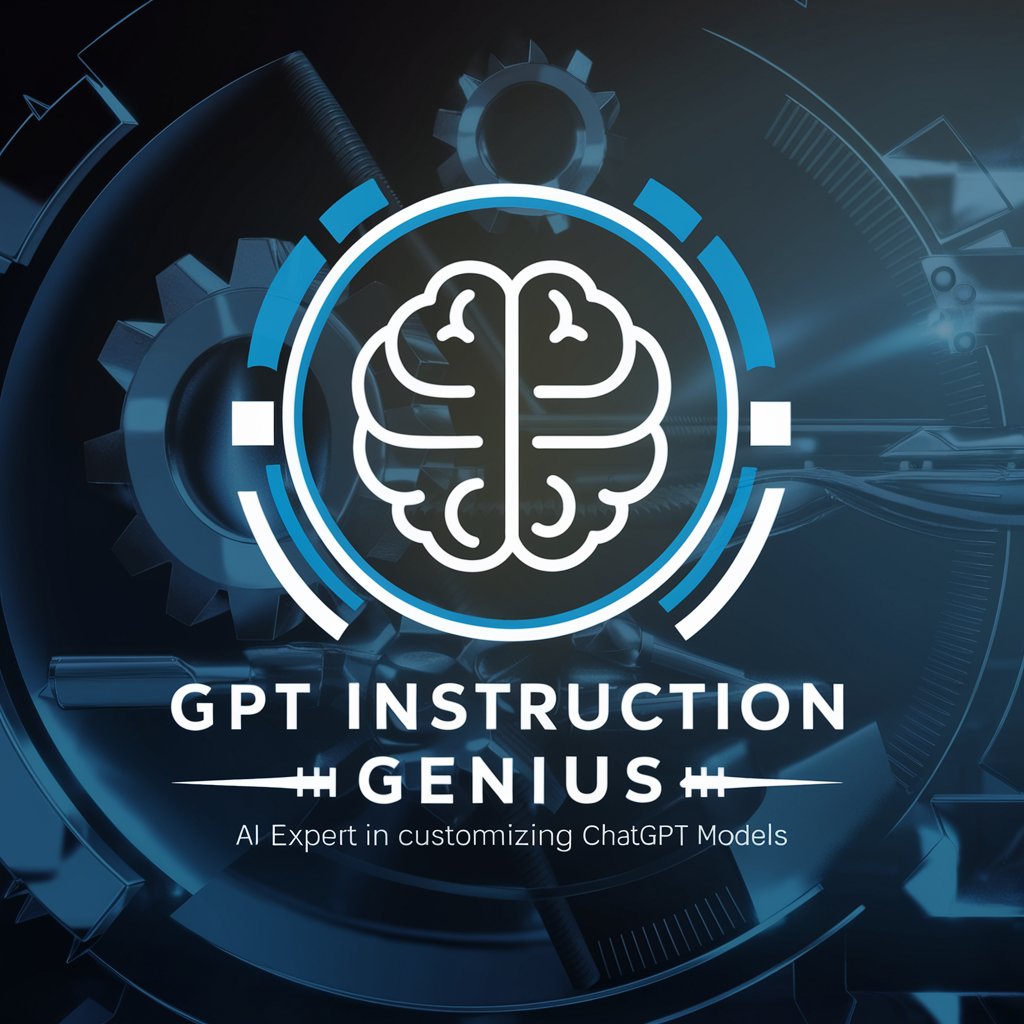
HM Financial Navigator
Empowering financial clarity with AI

Hard Drive Q&A
What makes SSDs faster than HDDs?
SSDs utilize NAND flash memory, which allows for quicker data access and transfer rates compared to HDDs that rely on mechanical parts. The absence of moving parts in SSDs reduces latency and enables faster boot times, file transfers, and application loading.
How can I extend the lifespan of my hard drive?
Ensure proper ventilation to avoid overheating, minimize disk defragmentation on HDDs, use SSDs for tasks requiring high read/write cycles, and regularly backup data to reduce the risk of loss from drive failure.
What is NAS and how does it differ from traditional storage?
NAS (Network Attached Storage) is a dedicated file storage system that provides data access to a network of users. Unlike direct-attached storage (DAS), NAS allows multiple users and heterogeneous client devices to access data from a centralized disk capacity.
Can I recover data from a failed hard drive?
Data recovery is possible but not guaranteed. It depends on the failure's nature and severity. Professional data recovery services can often retrieve data from damaged drives, but success rates vary.
What are the benefits of using a RAID setup?
RAID (Redundant Array of Independent Disks) setups offer improved data reliability and increased performance. Depending on the RAID level, it can provide redundancy to protect against data loss from drive failure, speed up read/write operations, or both.
